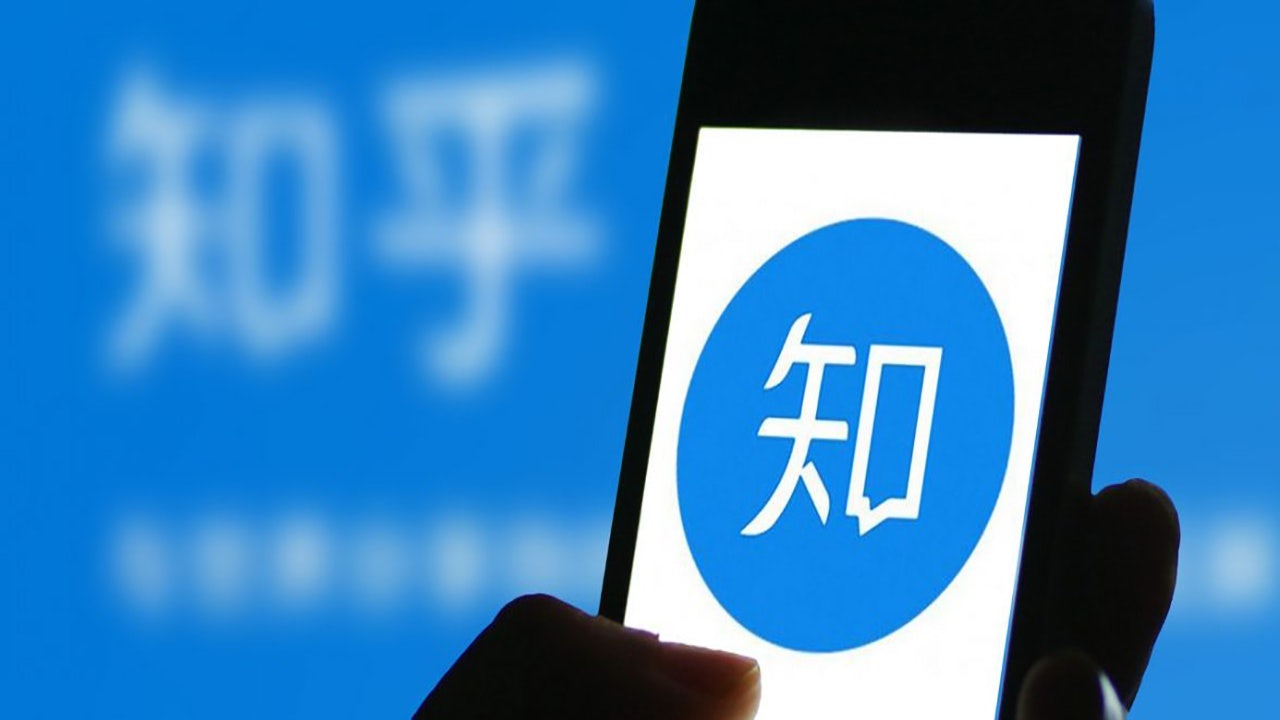As part of Jing Daily’s App Watch series, we examine rising applications and digital platforms relevant to the fashion, beauty, and general luxury space in China. This time we bring you Zhihu, China's largest Qamp;A platform, that earlier this month launched a new livestream feature.
In recent years, the Qamp;A platform Zhihu has been growing exponentially. Coined the “Chinese Quora,” the site saw a 95 percent rise in registered users from 2017 to 2018. As of November 2018, Zhihu has 220 million registered users and more than 130 million user-generated answers.
Zhihu began as a platform providing exclusively user-led Qamp;A content in 2014. However, with a new livestream attachment, Zhihu is evolving into the ideal space for brands looking to take advantage of China’s intelligent, affluent consumers.
In mid-2016, Zhihu started taking applications from eligible brands and organizations to create official “Organization Accounts” and as of 2019, more than 20,000 brands and organizations have opened one. However, these are mostly Asian brands, and Western brands have been slow to harness Zhihu’s marketing power. “No brand wants to be the first to try a new platform,” explains Arnold Ma, Founder of Digital Marketing Agency Qumin. “But as soon as one does, they all will. The new livestream feature offers these brands the opportunity to create a profile with a corporate personality attached, and really connect with this group of highly influential consumers.”
Brands on Zhihu need to be able to provide knowledge-driven content, and not be self-promotional. This is how they will reach the consumers who use it.
Previously, Zhihu’s entirely Qamp;A format forced brands to be reactive to discussions, rather than proactive in their marketing approach. Brands are able to comment on current Qamp;A threads, but risk being accused of being disingenuous if they launch their own. Consumers on Zhihu are not interested in a hard-sell approach, but rather in learning from each other and creating informative content. Unlike other Chinese social media platforms, Zhihu does not seek to provide entertainment, but very trusted knowledge-based answers. “Brands on Zhihu need to be able to provide knowledge-driven content, and not be self-promotional. This is how they will reach the consumers who use it,” says Ashley Galina Dudarenok, founder of research platform ChoZan.co.
A successful recent example is that of Alibaba’s e-commerce giant Tmall, who used Zhihu as part of its marketing for the upcoming 11.11 shopping festival. To start, the shopping platform posed a simple but thought-provoking question to users, “What did you buy recently that brought you the most joy?” Users then shared their favorite purchases and told stories, and the brand was able to engage with them. Next, Tmall launched a livestream, employing expert voices like personal shoppers to offer advice on how to get the best deals for Singles’ Day. During the livestream, they shared secret shopping techniques, whilst subtly driving traffic to selected Tmall stores.
To add to its market appeal, in recent months news has broken on Zhihu before elsewhere. For example, the recent NBA controversy exploded first on Zhihu and then moved on to Weibo, where it was picked up by the international media. In situations like this, Zhihu provides brands with an opportunity to target China’s thought-leaders, who have great influence over the reactions of their consumer peer groups. According to Ma, these users are right at the top of the consumer funnel, and able to influence large groups around them.
In addition, as with any platform, Zhihu is slowly developing its own trusted KOLs. The algorithm is similar to Little Red Book (Xiaohongshu), in that it recommends similar brands and topics based on the user's reading habits, offering a major opportunity for smaller brands to gain traction.
So, for China’s new wave of savvy, educated shoppers, Zhihu provides a unique discussion and now a livestreaming platform, offering thorough information on brands, products, and news events. For brands looking to respond to a shift in cultural attitudes towards luxury spending, building authority on Zhihu could be a very smart move.
Expert takeaways for launching your brand on Zhihu#
- A focus on knowledge — not sales — is the key to success. For brands launching on Zhihu, you should be seeking to build trusted relationships with the platform’s users. “Don’t just sell your product or brand,” Dudarenok says, “These consumers want to hear your in-depth expertise. For example, if you’re a cosmetics brand, don’t just talk about what the product is, but how it is made, and where the ingredients come from.”
- Ensure there is a trusted personality attached to the brand and keep your audience in mind.
According to Ma, “As a brand, you should create an account, and start by being reactive to relevant Qamp;A threads. If you feel like you have the resources to start live streaming then give it a go. Make sure its personality based, but not in the form of a social media influencer. Senior partners, founders, entrepreneurs, and owners of brands — these are the people who will really be well received by this educated Chinese userbase.”

